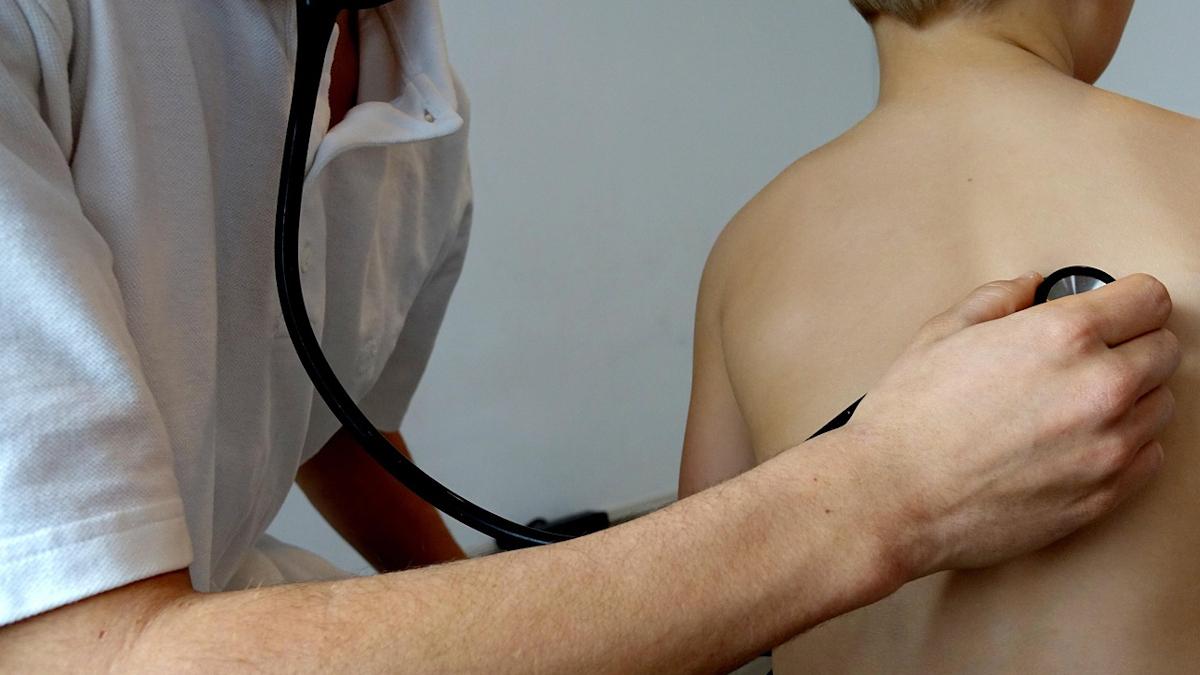Seaport docks $225m for its improved neuropsychiatry drugs

Boston waterfront
After emerging from the shadows with a $100 million Series A in April, Seaport Therapeutics has moved swiftly to shore up its finances with a $225 million second round to fund the development of improved drugs for depression and anxiety.
General Atlantic led the Series B, with other backers including ARCH Venture Partners, Sofinnova Investments, Third Rock Ventures, and co-founder PureTech Health, amongst others.
Boston-based Seaport said the money would support a pipeline of improved neuropsychiatric drug candidates led by SPT-300, an oral prodrug of allopregnanolone that is being studied for major depressive disorder with or without anxious distress.
The drug – generated using Seaport's Glyph technology – recently started a phase 2b study that Seaport thinks could support regulatory filings if the results are positive.
The Glyph platform is used to design drugs that avoid first-pass metabolism for orally administered drugs in the liver, which means that a large proportion of a dose is broken down before it reaches the bloodstream. Glyph drugs are designed to be absorbed through the lymphatic system, avoiding the liver, much like dietary fats.
There has been a lot of interest in using allopregnanolone to treat depression – it is a naturally occurring neurosteroid sometimes referred to as an 'endogenous tranquiliser' – but its role has been limited by the need for intravenous or injectable administration.
Following after SPT-300 is SPT-320, a prodrug of agomelatine that is being prepared to start clinical trials in generalised anxiety disorder (GAD) and, according to Seaport, could offer the first new mechanism for anxiety in decades.
Once again agomelatine's potential in GAD is well established, but held back by the need for high doses that can lead to liver toxicity. Patients treated with current formulations of the drug need frequent liver monitoring, which could be sidestepped with Seaport's drug.
The biotech's third candidate is SPT-348, described as a pro-drug of a "non-hallucinogenic neuroplastogen," which is in early development.
Seaport's chief executive, Daphne Zohar, said the new funding will enable "the important clinical work that brings us another step closer to delivering new medicines to make a difference in the lives of patients and their families."
She is one of the founders of Karuna, which took a similar approach to improving on current CNS therapies with the development of Cobenfy (xanomeline tartrate/trospium chloride), which became the first advance in schizophrenia treatment in decades when it was approved by the FDA last month.
Cobenfy's promise resulted in Karuna being sold to Bristol-Myers Squibb for $14 billion in a deal that was completed in March.
Photo by Kaylyn Mok on Unsplash












